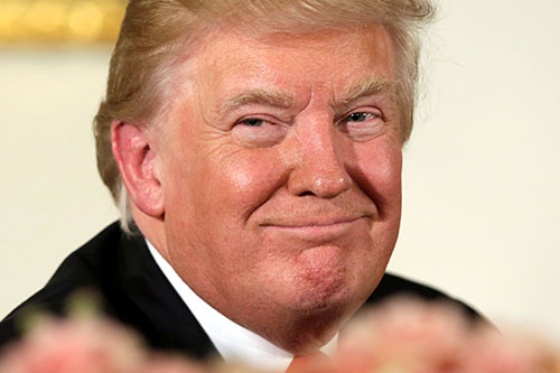The United States President has called for an end to gerrymandering, a political practice common in many democracies. Gerrymandering involves redrawing electoral district boundaries to favor one party, often leading to skewed representation. This strong stance against such a systemic issue has garnered international attention, including in Japan, where patterns of political representation have also faced scrutiny.
In Japan, political power has often been concentrated around the urban centers, leaving rural communities underrepresented. As a result, many in Japan are closely following international measures to combat gerrymandering, ensuring equal representation and fair voting practices. This move by the U.S. President has been met with keen interest and discussions among Japanese political circles.
Unlike in the U.S., gerrymandering isn't a well-recognized issue in Japan. However, there's been growing awareness about the uneven distribution of political power. In the U.S and EU, similar conversations about gerrymandering have led to significant constitutional rulings and laws designed to ensure fair representation.

